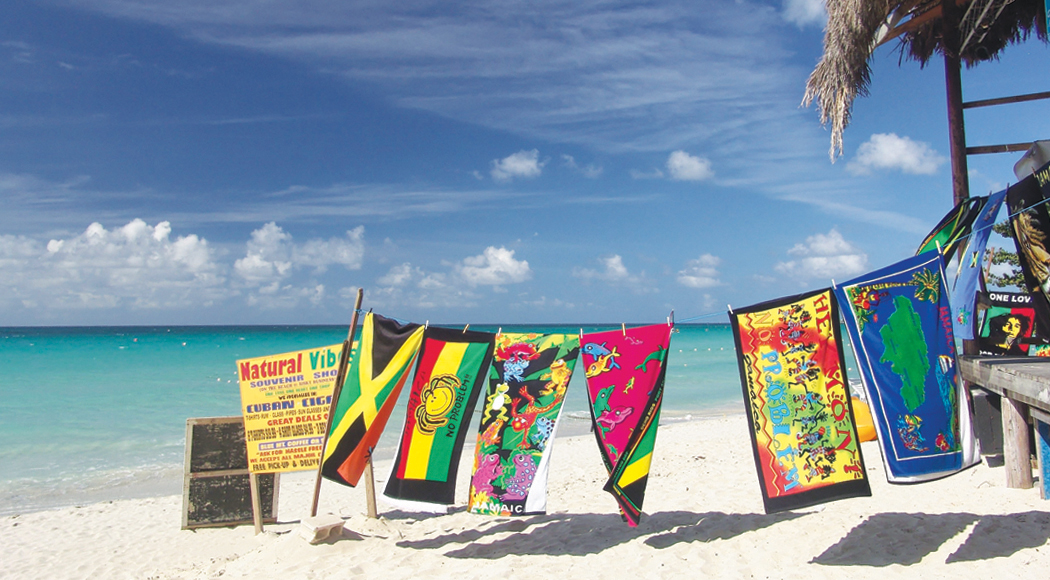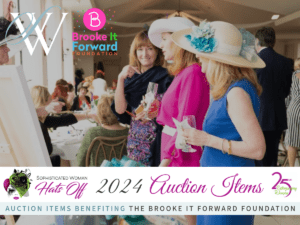The airplane dipped lower and lower, almost clipping the coconut palm, palmetto and ficus trees, then bounced to a landing. The hand-painted welcome sign across the prefab building, the terminal at the Montego Bay Airport, proclaimed it the “The Gateway to Jamaica.” The spiky yucca plants with stiletto yellow blades did not seem welcoming.
Some background: my father was invited on the inaugural flight from New Orleans to Jamaica. While I don’t recall the details of his trip, I do remember the brightly colored toys he brought home as souvenirs. The red and yellow carved wooden airplane with a bright blue propeller was mine. Exotic Jamaica was forever in my head.
Fast forward to a formative young adult, fascinated with cinema and the possibilities of mass communication. The Toulouse Theatre in the French Quarter was a repertory movie venue at the time and a frequent stop for me. One of the features, the cult film The Harder They Come, featured reggae artist Jimmy Cliff and the movie stirred those exotic rhythms in my head. The film is about a poor, rural Jamaican boy (Cliff) who leaves home after his grandmother dies, moves to the city to find work, sees a spaghetti Western and dreams of a job and success in the music business. The movie doesn’t end well for the protagonist, but the soundtrack was a breakthrough for reggae as a genre. The takeaway of the movie—the tropical setting, the underlying social theme and the punctuated syncopation of reggae—were enough to rekindle my interests. I bought a ticket to Jamaica and a three-day pass with press credentials to the Reggae Sunsplash II music festival.
Near the airport, I rented a motorcycle, cinched my backpack of cameras, strapped my travel bag to the seat and headed for Lilliput, a beachside dive recommended by a friend. My days were spent interviewing and photographing dreadlocked islanders in seaside shanties while nights were reserved for reggae concerts highlighting Peter Tosh, Jimmy Cliff and Bob Marley and the Wailers. The poorly lit stage was a photographic challenge, but as the weekend progressed, it became clear that, through his music, Marley had become the spiritual, cultural and social voice of his country. Reggae is to Jamaica what the blues and jazz are to the United States.
With the discovery of this new music, I was also introduced to a revelation in food. Spices and combinations of flavors I had not considered. Allspice, cinnamon, ginger, nutmeg, black pepper, garlic, a rainbow of hot peppers, onions: from the moment I arrived and was served curried goat and coconut rice for lunch, I knew I was in for a cuisine that was every bit as unique as the sound and passion of reggae.
It’s fairly simple to make your own Jamaica-inspired dishes. So I’ll share with you a taste of that culture with this recipe for Montego Bay Chicken. It’s easy to prepare on the grill, thereby keeping the summer heat out of your kitchen.






